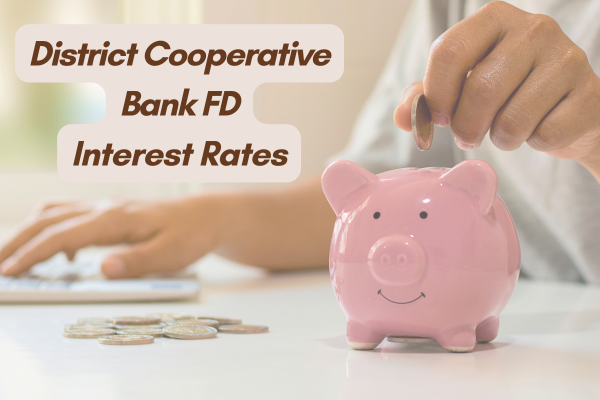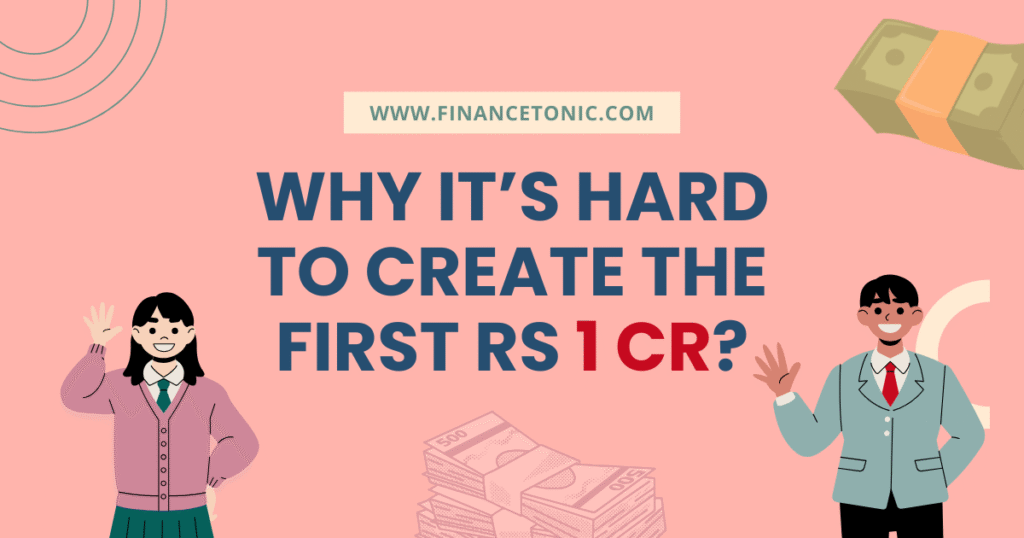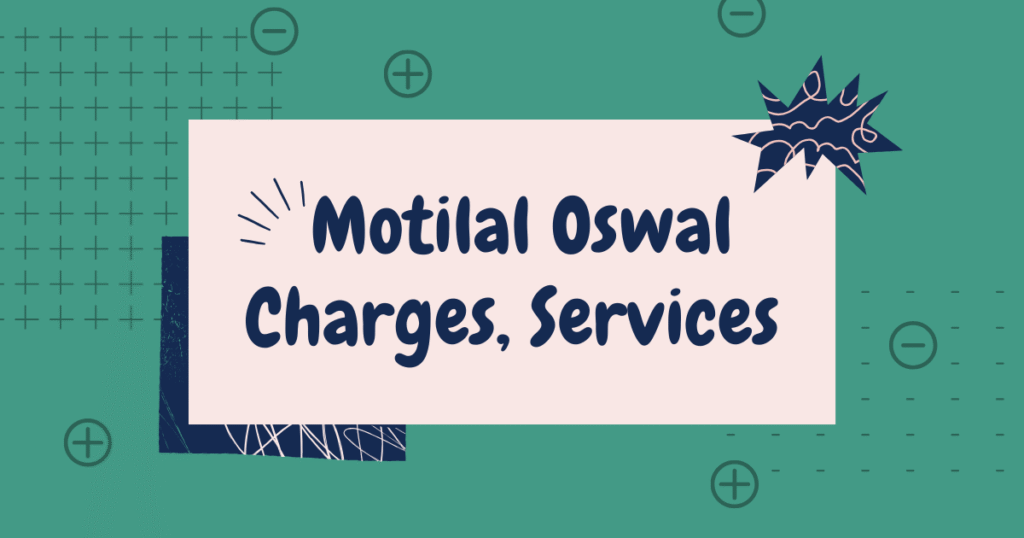In today’s world, a lot of investment options are available for people to choose from. The investment and stock markets have evolved quite significantly in the last ten years or so. This has enabled the end users to invest more wisely and with more confidence. But along with these new generation investment options still lies the old school way of investing.
It might sound old school, but investment options like Fixed Deposits (FDs), Recurring Deposits (RDs), still exist, and believe it, they are still in the trend. The new generation investment options do provide more returns, but they surely come with higher risk and volatility too. To mitigate this volatility, people still seek the help of options like Fixed Deposits. In this blog, we will be talking about the district cooperative bank FD and the district cooperative bank FD interest rate.
What is a District Cooperative Bank?
A cooperative bank is created and owned by its members, who are its customers, and a district cooperative bank is the same, just that its functions are performed at a district level.
The primary focus of a district cooperative bank is to meet the regular needs of its members or customers, thus providing them with loans and credit during times of need. Generally, district cooperative banks are involved with the activities of the rural population and in the agricultural sector. The district cooperative bank receives its funds from various sources, such as loans from state cooperative banks, deposits from its customers, etc.
These banks are regulated by the Reserve Bank of India (RBI) for the banking system and by the respective State for administrative works. The sum of up to Rs 5 lakh per user per bank is insured under the DICGC (Deposit Insurance and Credit Guarantee Corporation) scheme. District cooperative banks not only provide services to their members only but they are open to all. Usually, these banks are created to fulfill the needs of rural or semi-urban populations. They help the farmers, small business owners within these areas to build up their businesses and raise capital for different purposes like growing crops, agricultural lands, and boosting rural and agricultural infrastructure.
What is a Fixed Deposit?

A fixed deposit is an investment tool where the returns are already predetermined. The financial institution provides the rate of interest for different time tenures well in advance. These interest rates keep on changing, but the interest rate at the time when the customer invests in the fixed deposit is taken into account for that particular fixed deposit.
Unlike the equity-based investment options, fixed deposits provide a guaranteed return on the investment. You have the choice to avail the interest, whether at the end of the fixed deposit tenure or in between. You also have the option to break the fixed deposit in between the tenure, but the interest will only be given to you till that date when you break the fixed deposit. Senior citizens get an extra rate of interest, and there are tax-saving Fixed Deposits options available too, wherein you can avail of tax benefits by investing.
District Cooperative Bank FD interest rates
Some of the district cooperative bank FD interest rates are as follows :
| BANK | FD INTEREST RATES |
| District Cooperative B, Ank Saharanpur | Click Here |
| The Surat District Co-op Bank Ltd. | Click Here |
| The Hyderabad District Cooperative Central Bank Ltd | Click Here |
| The Krishna District Co-operative Central Bank Ltd, TD Andhra Pradesh | Click Here |
| The Bengaluru District Central Co-operative Bank Ltd | Click Here |
| District Co-Operative Bank Ltd, Dehradun | Click Here |
| Dharmapuri District Central Cooperative Bank Ltd | Click Here |
| Mumbai District Central Cooperative Bank Ltd. | Click Here |
| The Bhavnagar District Co-operative Bank Ltd. | Click Here |
| Bharuch District Central Co-operative Bank | Click Here |
| The Warangal District Co-operative Central Bank | Click Here |
| Kadapa DCC Bank Ltd | Click Here |
| District Co-operative Bank Ltd. Lakhimpur Kheri | Click Here |
| District Cooperative Bank L, TD Barabanki | Click Here |
| The District Cooperative Central Bank Ltd, Khammam | Click Here |
| THE TIRUNELVELI DISTRICT CENTRAL COOPERATIVE BANK LTD | Click Here |
| Jalaun District Cooperative Bank Ltd | Click Here |
| The District Cooperative Central Bank Ltd, Kakinada | Click Here |
| THE MEHSANA DISTRICT CENTRAL CO-OPERATIVE BANK LTD | Click Here |
| Nainital District Cooperative Bank Ltd | Click Here |
| The Visakhapatnam Co-operative Bank Ltd | Click Here |
Conclusion
In this new generation of investment era, fixed deposits have been a viable option for providing diversification to one’s portfolio. Unlike equity-linked schemes, fixed deposits tend to provide better stability against volatility. Competitive interest rates with variable tenures give most investors confidence, thus making District Cooperative Bank FD rates ideal for both short- and long-term investments.
FAQ
What is a District Cooperative Bank?
It is a bank that is owned and managed by its members who are the customers themselves. It functions at a district level and helps its customers meet their regular credit and banking needs.
What is a Fixed Deposit (FD)?
It is a fixed-return based investment option in which the interest rate is already decided by the financial institution based on the duration of the investment.
What are the primary roles of District cooperative banks?
The primary the Cooperative Bank includes providing capital to members, which mainly includes providing financial support to small businesses and aiding the growth of the agriculture sector, thereby helping in boosting their yield and production.
How do District Cooperative Banks differ from commercial banks in offering FDs?
District cooperative banks serve rural or semi-urban areas; their FD interest rates are highly competitive with commercial bank FD interest rates, but their eligibility criteria are slightly different from them due to their regional and cooperative nature.
Is the investment in a District Cooperative Bank FD safe?
District cooperative banks are licensed by the RBI and are also under the surveillance of the state. The sum of up to Rs 5 lakh per user per bank is insured under the DICGC (Deposit Insurance and Credit Guarantee Corporation) scheme.
Disclaimer
This content is for informational purposes only and does not constitute financial advice. Please consult a qualified professional before making a financial decision.
Keep Learning – read more of our finance guides here.








